Why Are So Many People Training to Become Nurses?
8 min read
There are many reasons why people might choose to pursue a career in nursing. Some people are drawn to the field because they enjoy helping others and want to make a difference in people’s lives. Others may be attracted to the flexibility and variety of the work, as nurses can work in a variety of settings and can choose from a range of specialties.
In addition, the demand for nurses is high and is expected to continue to grow in the coming years, making it a stable and rewarding career choice. Finally, the field of nursing is constantly evolving, and there are many opportunities for personal and professional growth.
According to a report published by Nursing Times, a record number of students have been placed on nursing courses this year, including 30 percent more men than in previous years. Given that nursing is such a difficult and potentially dangerous profession to be in, especially in the current world climate, and given that there has been so much criticism of the remuneration for and general care of medical professionals it seems strange that now is the time that people are choosing to train as nurses.
However, there are also a lot of reasons why now is a great time to think about a career as a nurse.
Table of Contents
Pulling together as a nation
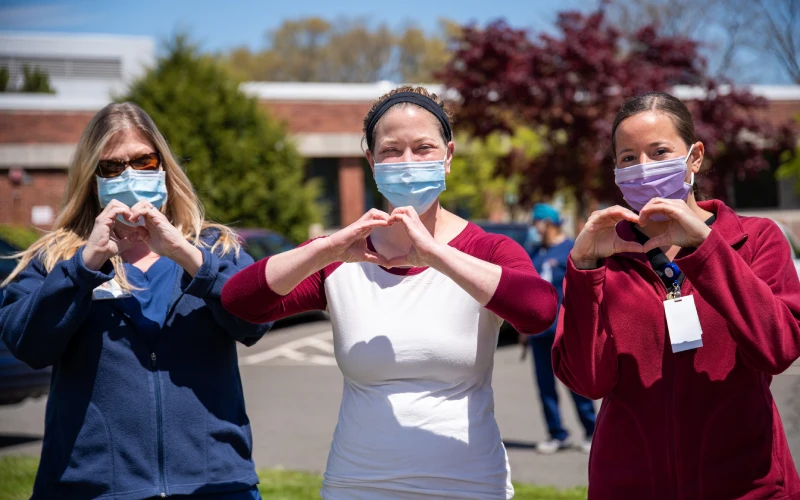
Human beings are social creatures by nature. That doesn’t necessarily mean that we love to socialize all the time, in fact, a lot of people find enforced socialization pretty exhausting! This means that we are naturally predisposed to try and do things for the good of our own species, based on whatever our own individual definition of ‘good’ is.
COVID-19 is a huge threat, and the desire to help protect people from it may be a huge draw for the record numbers of people embarking on new nursing careers, or returning to healthcare after having previously retired or changed professions. We feel a sense of duty to help one another in whatever way we can.
It is important for a nation to come together and work towards a common goal, as this can help to promote unity and strengthen the community. When people pull together and support one another, it can create a sense of belonging and connection, and can also lead to greater progress and success.
There are many ways that people can work together and support one another, such as volunteering, donating to charity, participating in community events and activities, and simply being there for others in times of need. By coming together and supporting one another, we can create a stronger, more resilient, and more united nation.
Rewarding career
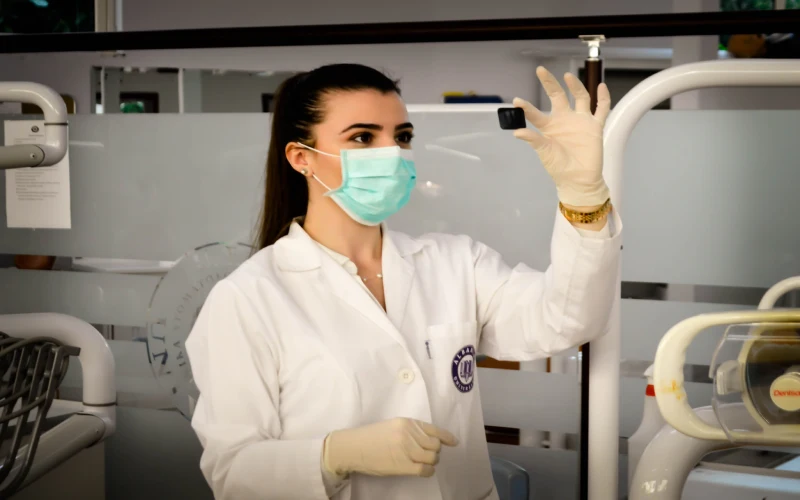
Nursing can be a very rewarding career for those who are passionate about helping others and making a difference in people’s lives. Nurses play a vital role in the healthcare system, and they are often the first point of contact for patients who are seeking medical care.
They provide a wide range of services, including administering medications, performing diagnostic tests, educating patients about their health conditions, and advocating for their patient’s needs. Nurses also have the opportunity to work with people of all ages and from all walks of life, which can be very fulfilling. Many nurses find great satisfaction in being able to make a positive impact on their patient’s lives and in being a source of comfort and support for those who are in need.
It’s also a career where each day will bring you a new challenge, and where your role can be completely different depending on where you work. For example, an ER nurse in a busy city hospital will likely have a fast-paced role that brings them into contact with a wide variety of different people dealing with acute and urgent issues. A nurse working in a health center in a small town on the other hand will likely have a role where they can get to know individual patients a little more intimately, and spend more of their time on health education and working with people to improve their lives than they do on dealing with acute illness and injury.
Nursing is a career that is in high demand and is expected to continue to grow in the coming years. The Bureau of Labor Statistics projects that the employment of nurses will grow by 7% from 2019 to 2029, which is faster than the average for all occupations.
This growth is being driven by a number of factors, including an aging population, an increased focus on preventative care, and advances in medical technology. As a result, nurses should have good job security and may be able to find employment in a variety of settings, including hospitals, clinics, nursing homes, and other healthcare facilities.
In addition, the demand for nurses is likely to be strong in both urban and rural areas, providing opportunities for those who are interested in working in a variety of different locations
As soon as you complete your training you will be well paid because even starting salaries for nurses are competitive. In May 2019, the median salary for registered nurses was $73,300. A nurse’s salary will be impacted by the area of the country that they work in, as well as the type of facility. For example, a large city teaching hospital is likely to have higher salaries than a small-town health center. In 2019 the lowest-paid nurses were receiving a salary of $52,080, whereas the highest-paid was receiving $111,220.
Excellent prospects

Nursing can be an excellent career choice for those who are looking for both stability and opportunities for advancement. There are many different pathways that nurses can take to progress in their careers, and there is a wide range of specialized areas in which nurses can choose to work. Some nurses may choose to advance by completing additional education, such as earning a master’s or doctoral degree in nursing, which can qualify them for leadership roles or allow them to teach at the collegiate level.
Others may choose to specialize in a particular area of nursing, such as pediatrics, oncology, or gerontology, which can lead to increased responsibilities and opportunities for advancement. In addition, many nurses choose to become certified in a particular area of practice, which can also lead to career advancement. Overall, nursing is a field that offers many opportunities for personal and professional growth.
If you want to progress further after becoming a registered nurse, one option is to continue studying and get a Doctor of Nursing Practice, which opens up new career opportunities at a level where you have the ability to shape nursing policy and be an active part of making patient care decisions.
It’s now possible to study DNP programs online, which is great news for registered nurses who are already busy and don’t want to have to think about allocating travel time and fitting in around a strict school schedule, as well as worrying about their day job and actually studying!
If you decide to pursue your Doctor of Nursing Practice, there are several tracks available to you:
Executive Nurse Leadership
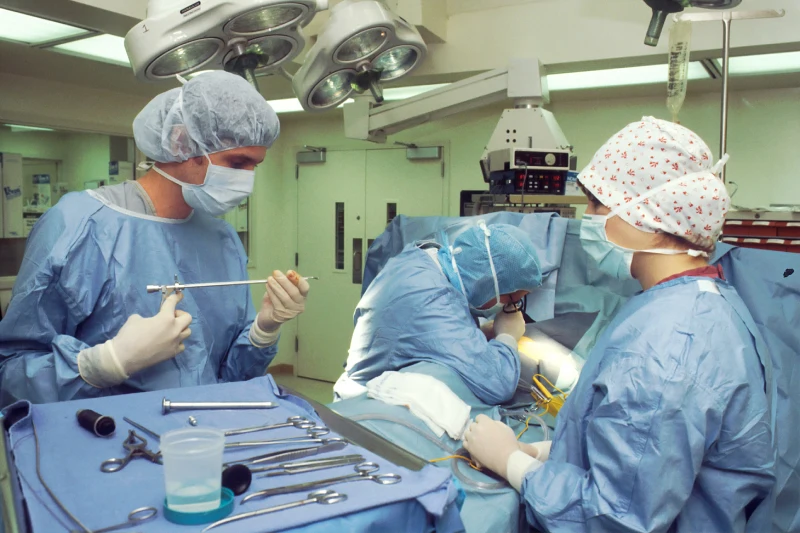
Executive nurse leadership refers to the leadership roles that nurses can hold in executive-level positions within the healthcare system. Executive nurses are responsible for overseeing the delivery of nursing care, developing policies and procedures, and managing budgets and resources. They may also be involved in planning and implementing new programs and initiatives, and in advocating for their patients and the nursing profession.
Executive nurse leaders often work closely with other healthcare professionals, including doctors, administrators, and other nursing leaders, to ensure that high-quality care is provided to patients. In order to become an executive nurse leader, it is usually necessary to have advanced education and experience in nursing, as well as strong leadership and management skills. Executive nurse leaders often have a master’s or doctoral degree in nursing and may also have specialized certifications in areas such as nursing administration or nursing education.
Family Nurse Practitioner
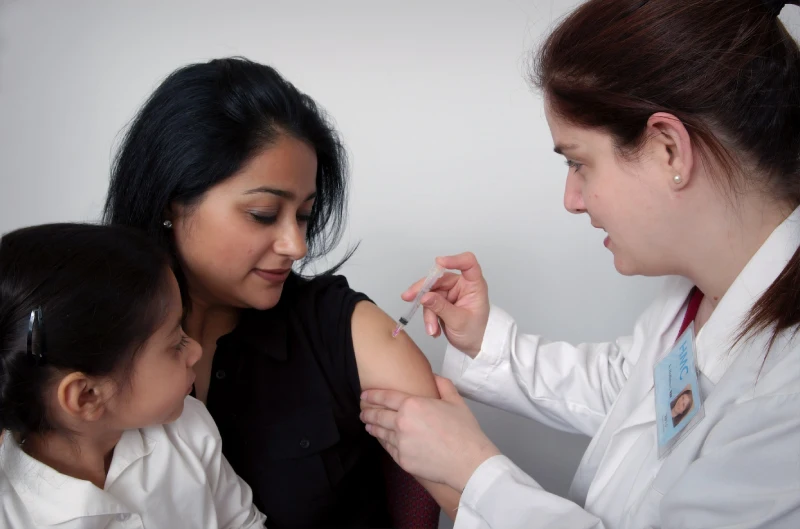
A family nurse practitioner (FNP) is a type of advanced practice registered nurse (APRN) who has completed additional education and clinical training beyond that of a registered nurse (RN). FNPs are qualified to provide a wide range of primary care services to patients of all ages, including diagnosing and treating illnesses, ordering and interpreting diagnostic tests, prescribing medications, and providing preventive care.
They often work in collaboration with other healthcare professionals, such as doctors, to provide comprehensive care to patients. FNPs may work in a variety of settings, including primary care clinics, hospitals, and private practices, and they may also have a specialty focus, such as pediatrics or gerontology. In order to become an FNP, it is necessary to have a bachelor’s degree in nursing and to pass a national certification exam. Some FNPs may also choose to pursue a master’s or doctoral degree in nursing.
Neonatal Nurse Practitioner

Neonatal Nurse Practitioners focus on providing care for infants for the first two years of their lives, focusing on preterm and sick infants. According to salary.com, in June 2020 the average salary for a Neonatal Nurse Practitioner was $124,756. A neonatal nurse practitioner (NNP) is a type of advanced practice registered nurse (APRN) who has completed additional education and clinical training beyond that of a registered nurse (RN).
NNPs specialize in providing care to newborn babies, including premature and critically ill infants, and they work in neonatal intensive care units (NICUs) and other newborn care settings. They are trained to assess and manage the medical needs of newborns, including providing medication, performing diagnostic tests, and working with other healthcare professionals to develop treatment plans. NNPs may also provide education and support to families of newborns and may be involved in research and quality improvement initiatives. In order to become an NNP, it is necessary to have a bachelor’s degree in nursing and to pass a national certification exam. Some NNPs may also choose to pursue a master’s or doctoral degree in nursing.
Nurse-Midwifery
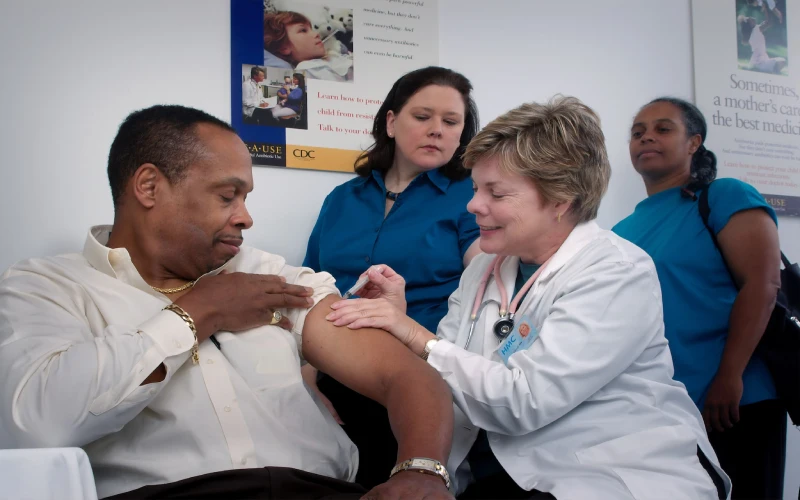
Nurse-midwifery is a specialty within nursing that focuses on the care of women during pregnancy, childbirth, and the postpartum period. Nurse-midwives are advanced practice registered nurses (APRNs) who are trained to provide a wide range of prenatal, intrapartum, and postpartum care services, including performing physical exams, ordering and interpreting diagnostic tests, prescribing medications, and providing support and education to expectant mothers. They may also assist with childbirth and provide care to newborns.
Nurse-midwives may work in hospitals, birthing centers, and other healthcare settings, and they often work closely with obstetricians and other healthcare professionals to provide comprehensive care to women. In order to become a nurse-midwife, it is necessary to have a bachelor’s degree in nursing and to pass a national certification exam. Some nurse-midwives may also choose to pursue a master’s or doctoral degree in nursing.
Pediatric Nurse Practitioner

A pediatric nurse practitioner (PNP) is a type of advanced practice registered nurse (APRN) who has completed additional education and clinical training beyond that of a registered nurse (RN). PNPs specialize in providing care to children, from newborns to young adults, and they work in a variety of settings, including primary care clinics, hospitals, and private practices. They are trained to assess and manage the medical needs of children, including diagnosing and treating illnesses, ordering and interpreting diagnostic tests, and prescribing medications.
PNPs may also provide preventive care and education to families, and they may work with other healthcare professionals to develop treatment plans. In order to become a PNP, it is necessary to have a bachelor’s degree in nursing and to pass a national certification exam. Some PNPs may also choose to pursue a master’s or doctoral degree in nursing.





